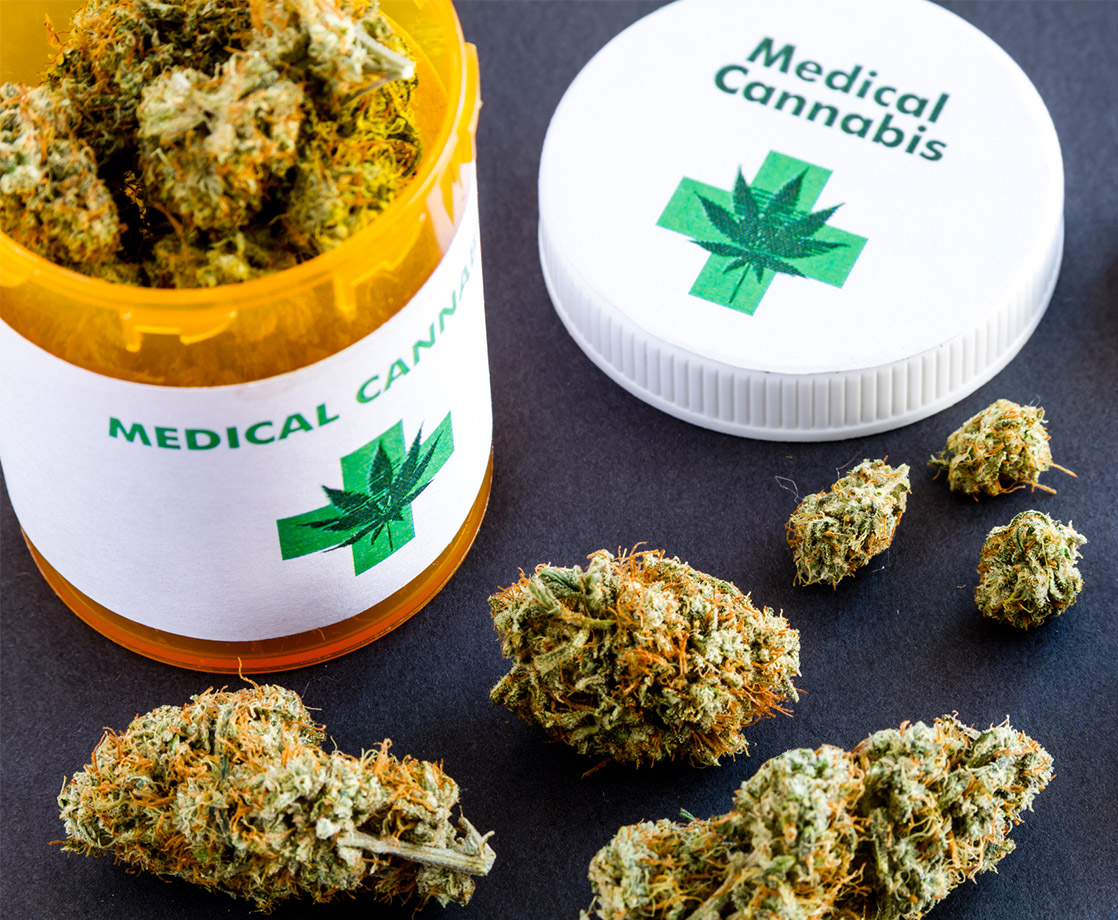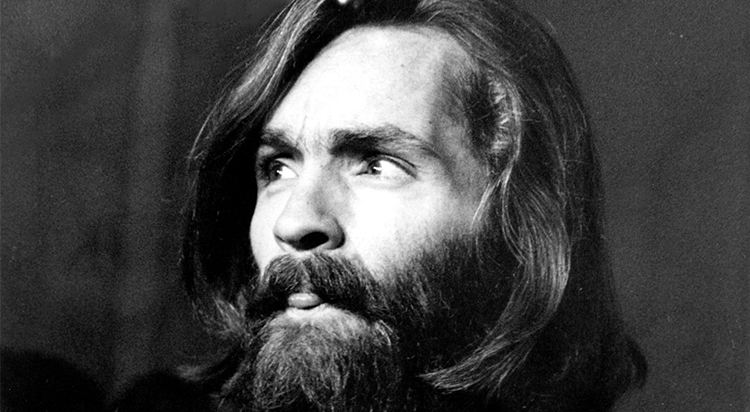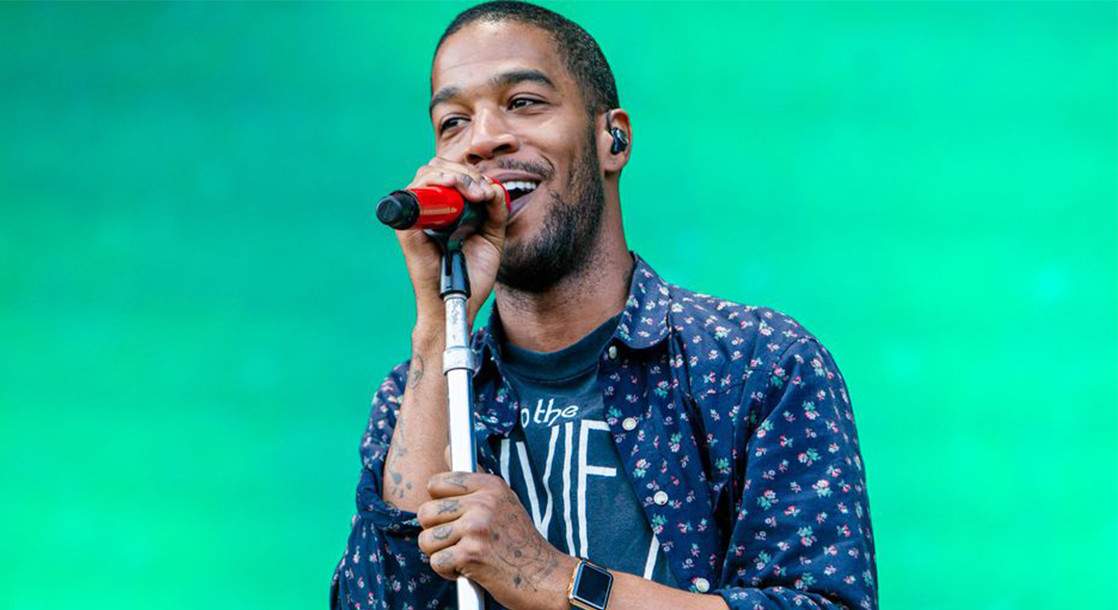This week, New Jersey Gov. Phil Murphy ordered a 60-day review of the state's medical cannabis program in order to determine the best way to expand patients' access. "We cannot turn a deaf ear to our veterans, the families of children facing terminal illness, or to any of the other countless New Jerseyans who only wish to be treated like people, and not criminals," Murphy said at a press conference on Tuesday, NJ.com reports. "And, doctors deserve the ability to provide their patients with access to medical marijuana free of stigmatization."
New Jersey's medical cannabis program was signed into law by Democratic Gov. Jon Corzine on his last day in office in 2010. His successor Chris Christie, a staunch opponent of cannabis reform, delayed the rollout of the program until 2012. Christie also implemented numerous restrictions that made it difficult for patients to get access to medical cannabis. As a result, there are only around 15,000 registered medical cannabis patients in the state, compared to 220,000 in Michigan, which is roughly the same size but has less MMJ restrictions.
At the press conference, Murphy said that "other states leaped past us" in terms of providing access to medical cannabis, because "politics replaced compassion and care" during Christie's administration, Bloomberg reports. In order to address these issues, Murphy floated several new ideas that could help expand the state's medical marijuana program, including home delivery options, expediting the patient application process, and allowing patients to purchase more than two ounces of dried cannabis flower at a time.
The new governor also recommended that each dispensary be allowed to open multiple locations, instead of being limited to one location under the current law. Murphy noted that he could initiate some of these changes through administrative actions, but that others would require a change to state law.
Unlike former Governor Christie, Murphy has advocated for full cannabis reform in his state. During his campaign, Murphy promised to legalize recreational cannabis within his first 100 days in office, arguing that legalization will free up police resources to focus on violent crime. It is uncertain whether or not Governor Murphy can pull off this feat within that short time frame, but the fact that he's begun working to improve the state's medical cannabis program within a week of taking office is a positive sign.











